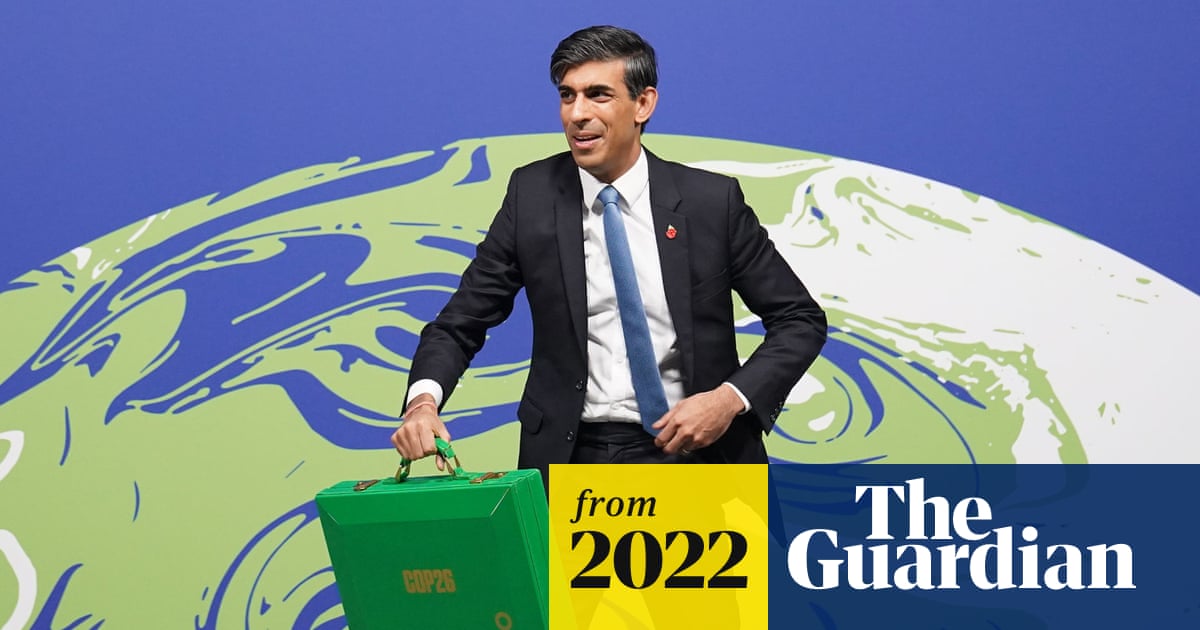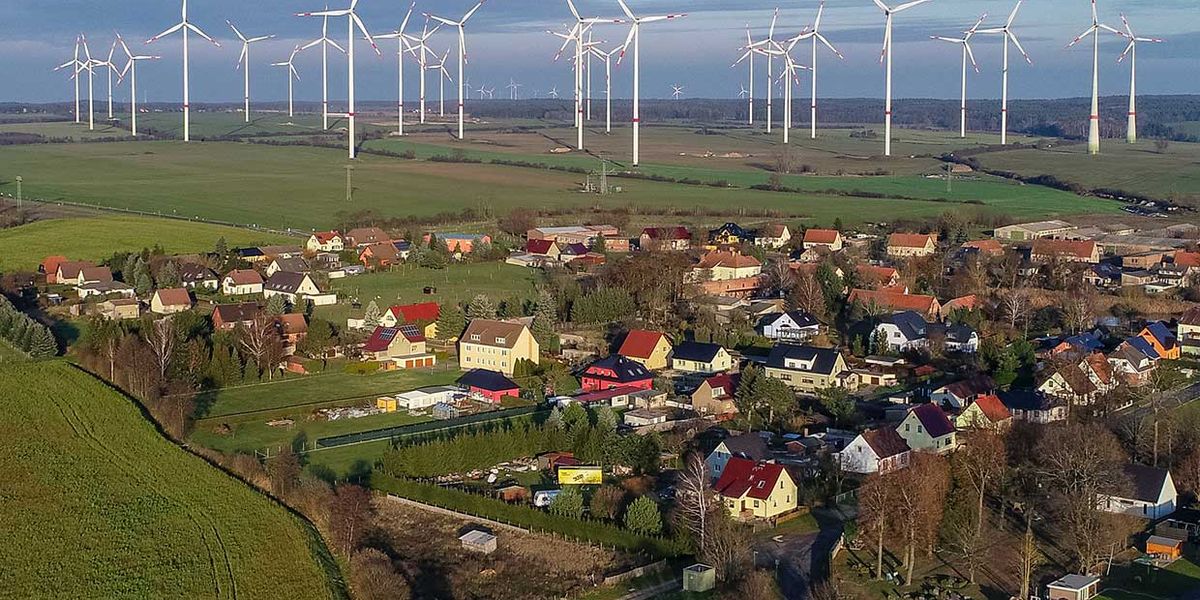C_Clayton_Jones
Diamond Member
‘Liz Truss has fought a “war on nature” unique in recent British politics, managing within a few short weeks to incur the wrath of conservation groups with more than 8 million members, foreign governments, climate activists and members of her own party.
Her successor may be expected to learn from this chastening experience and adopt a less confrontational attitude.
[…]
Truss provoked the rage of the RSPB, National Trust and Wildlife Trusts, as well as scores of other groups, by threatening to rip up more than 570 rules inherited from the EU on environmental protection. She proposed new investment zones with minimal regulation, scrapping the new farming payment system and restarting fracking.
[…]
Cutting energy use will be essential to keeping the lights on this winter, and renewable energy is up to nine times cheaper than gas at present, so measures that increase efficiency and spur more clean energy production will pay off rapidly.’

 www.theguardian.com
www.theguardian.com
Rightwing madness on both sides of the Atlantic.
Her successor may be expected to learn from this chastening experience and adopt a less confrontational attitude.
[…]
Truss provoked the rage of the RSPB, National Trust and Wildlife Trusts, as well as scores of other groups, by threatening to rip up more than 570 rules inherited from the EU on environmental protection. She proposed new investment zones with minimal regulation, scrapping the new farming payment system and restarting fracking.
[…]
Cutting energy use will be essential to keeping the lights on this winter, and renewable energy is up to nine times cheaper than gas at present, so measures that increase efficiency and spur more clean energy production will pay off rapidly.’

How green are the Tory leadership candidates this time round?
After Liz Truss’s ‘war on nature’, we look again at the environmental record of the most probable crop of hopefuls
Rightwing madness on both sides of the Atlantic.



